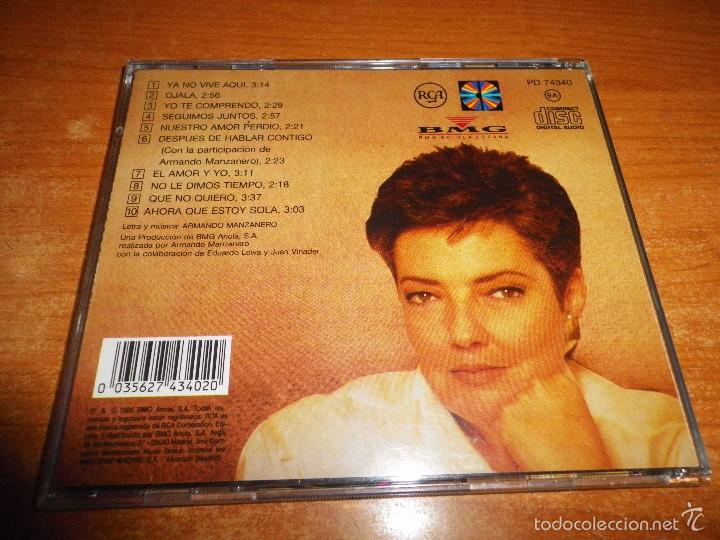

Estíbaliz Uranga and the Blanco brothers followed in 1971, and in 1972 Ipiña returned and Carlos Zubiaga (from Los Mitos) joined. Javier Garay who had previously belonged to Voces y Guitarras rejoined the group in 1970 after serving in the Spanish military in Africa. In 1970, both Ipiña (for military service) and Panera (to become a professor at a local university) left Mocedades. He took an immediate interest in the group and renamed them Mocedades, meaning "youths," from the Spanish word mocedad, which means "youth." Javier Garay could not join them because of his military service, and so Mocedades started out as an eight-member group.Įurovision and worldwide success They spent a year performing around their hometown before sending a demo cassette to producer Juan Carlos Calderón in Madrid. The members of Voces y guitarras were Amaya Uranga, Izaskun Uranga, Estibaliz Uranga, Roberto Uranga, Rafael Blanco, Sergio Blanco, José Ipiña, Javier Garay and Francisco "Paco" Panera. Eventually they decided to form a vocal group named Voces y guitarras ("Voices and Guitars") with folk and spiritual music and The Beatles as their influences. During their rehearsals, their brothers and friends joined. They sang in various locations at Bilbao. In 1967, in the Basque city of Bilbao, three young sisters, Amaya, Izaskun and Estibaliz Uranga, formed a vocal trio named Las Hermanas Uranga ( The Uranga Sisters).

A third group, El Consorcio, is composed of former Mocedades members who left the group but have continued a career together outside the Mocedades brand. Since June 2014, Mocedades has been the name of two bands: one with Izaskun Uranga as its leader and the other with Javier Garay.

Mocedades ( Spanish pronunciation: ) is a Spanish singing group from the Basque Country, who represented Spain in the Eurovision Song Contest in 1973 with the hit song " Eres tú". Zafiro, CBS, Sony Music, DiscMedi, Walt Disney, Klasico The Group with the original members, "the six historics" in 1973


 0 kommentar(er)
0 kommentar(er)
